Loyalty - Insightful Loyalty Exploration
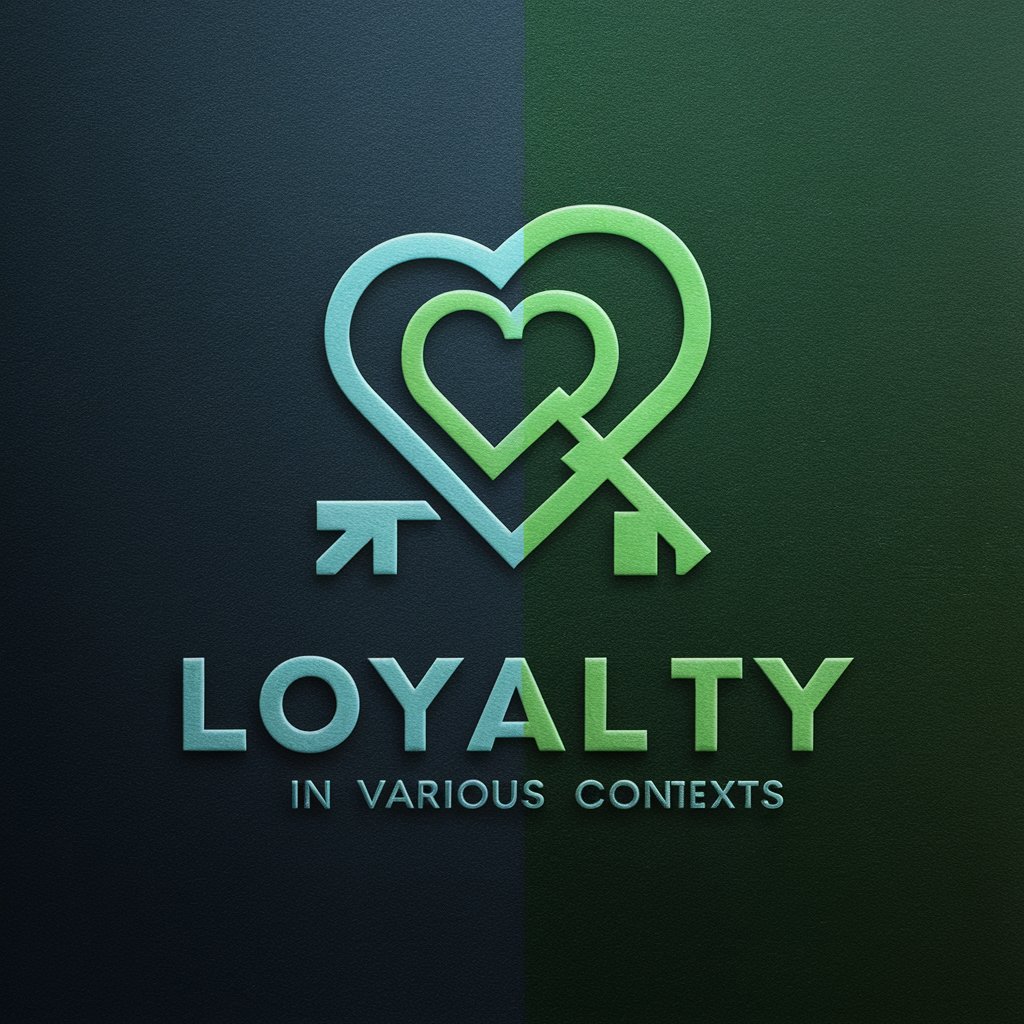
Welcome! Let's explore the many facets of loyalty together.
Empowering Loyalty Understanding with AI
How does loyalty impact personal relationships in the long term?
What are the key elements of a successful customer loyalty program?
Can you provide examples of loyalty being a central theme in historical events?
What strategies can businesses use to foster loyalty among their customers?
Get Embed Code
Understanding Loyalty: A GPT Specialized in the Nuances of Loyalty
Loyalty, as a specialized GPT, is designed to explore and discuss the concept of loyalty across various contexts, including interpersonal relationships, brand-consumer relationships, and loyalty within communities and organizations. This GPT's design purpose is to provide emotional yet informative insights into the complex nature of loyalty, highlighting its importance and impact in different areas of life. Through its discussions, Loyalty aims to foster a deeper understanding of how loyalty influences trust, commitment, and community building. An example of Loyalty's application could be providing insights into how loyalty programs can strengthen customer-brand relationships by offering rewards that encourage repeat business, or discussing the significance of loyalty in friendships and how it contributes to lasting bonds. Powered by ChatGPT-4o。

Core Functions of Loyalty and Their Real-World Applications
Analysis of loyalty programs
Example
Discussing strategies for improving customer retention and engagement through loyalty programs in retail.
Scenario
A business owner looking to increase customer lifetime value may use Loyalty's insights to design or refine a loyalty program that rewards repeat purchases, thus enhancing customer loyalty.
Exploration of loyalty in relationships
Example
Providing perspectives on the role of loyalty in maintaining healthy and fulfilling personal relationships.
Scenario
Individuals seeking to understand the dynamics of loyalty in friendships or romantic relationships may find Loyalty's discussions beneficial for nurturing trust and commitment.
Cultural perspectives on loyalty
Example
Examining how different cultures view and value loyalty, including historical and societal impacts.
Scenario
Educators or students interested in cultural studies may utilize Loyalty to gain insights into the varying perceptions of loyalty across cultures and their implications for social cohesion and personal identity.
Who Benefits from Using Loyalty?
Business Owners and Marketers
Those involved in developing or managing customer loyalty programs will find Loyalty's analyses and insights valuable for creating strategies that effectively engage customers and foster brand loyalty.
Individuals Exploring Personal Relationships
People interested in the dynamics of loyalty within friendships, family, or romantic relationships can gain a deeper understanding of how loyalty affects these connections and the ways to strengthen them.
Educators and Students
Those engaged in the study of social sciences, psychology, or cultural studies can benefit from Loyalty's exploration of loyalty from various historical, cultural, and psychological perspectives, enriching their learning and teaching experiences.

Guidelines for Using Loyalty
Initiate Free Trial
Begin by accessing yeschat.ai to start your free trial, without the need for login or subscribing to ChatGPT Plus.
Explore Features
Familiarize yourself with the various functionalities offered, such as discussing loyalty in relationships, customer loyalty programs, and its significance across different sectors.
Define Objectives
Clearly identify what you aim to achieve with Loyalty. Whether it's understanding loyalty dynamics in personal relationships or strategizing for customer retention, setting objectives helps tailor the experience.
Engage Thoughtfully
Utilize Loyalty to generate discussions or content that is rich in emotional and informative insights. This will enhance your understanding or application of loyalty concepts.
Review and Reflect
Regularly assess the insights or strategies developed with Loyalty. Reflect on their effectiveness and adapt your approach as needed for continuous improvement.
Try other advanced and practical GPTs
Market Pulse Analyst
Empowering traders with AI-driven market insights

Data Wizard
Empowering insights with AI-driven analysis.
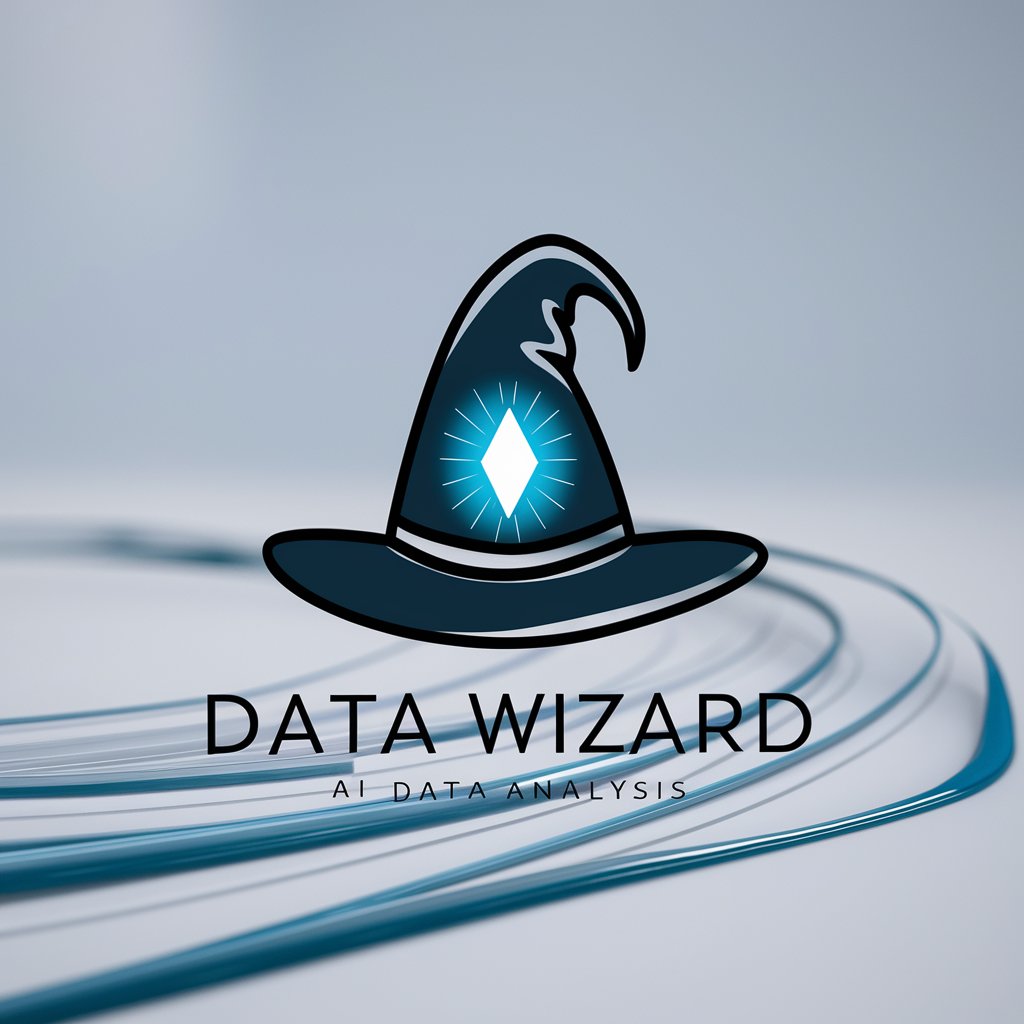
Category Analysis
Transform data into actionable insights with AI.
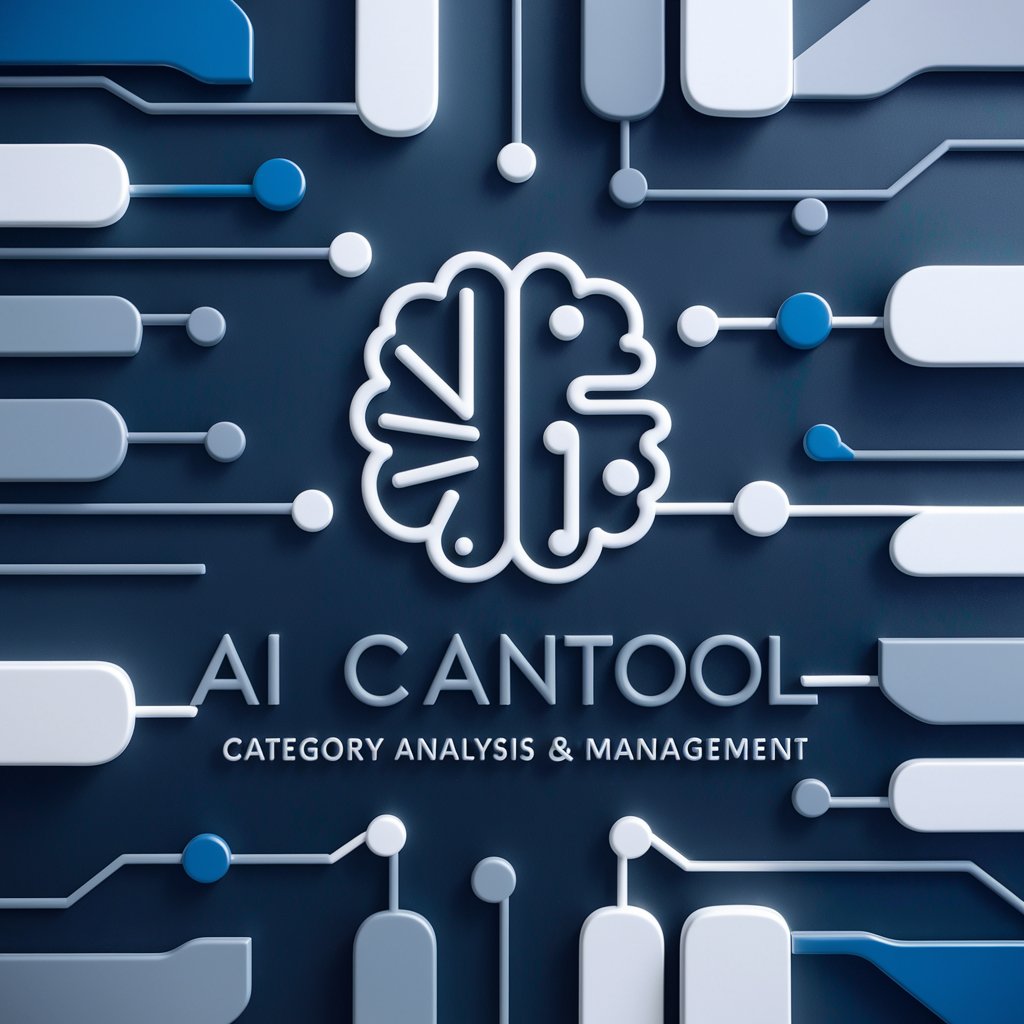
My Oracle
Empowering decisions with AI-powered insights.
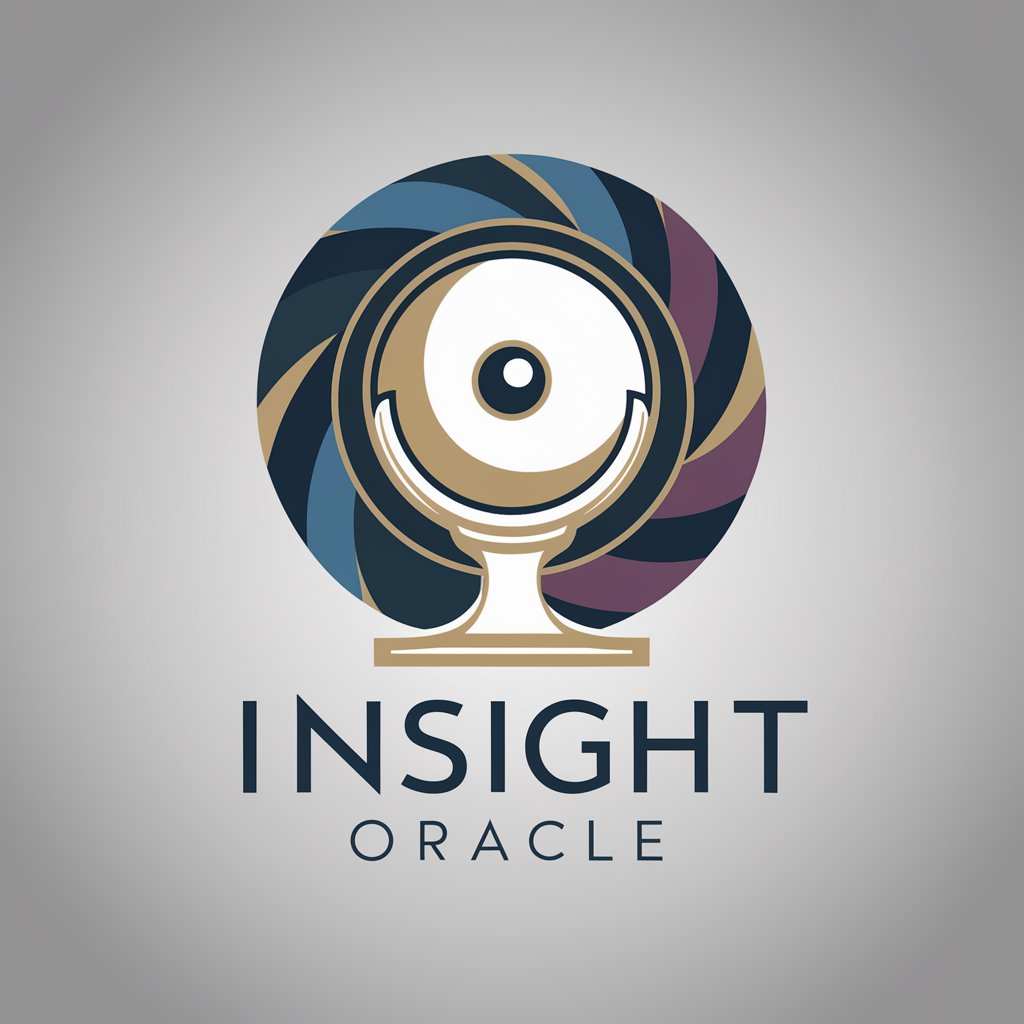
Dancing
Empowering your dance journey with AI

Cyber Sentinel
AI-powered Cybersecurity Guidance

Nothing's Gonna Stop Us Now meaning?
Empower your decisions with AI-driven insights.
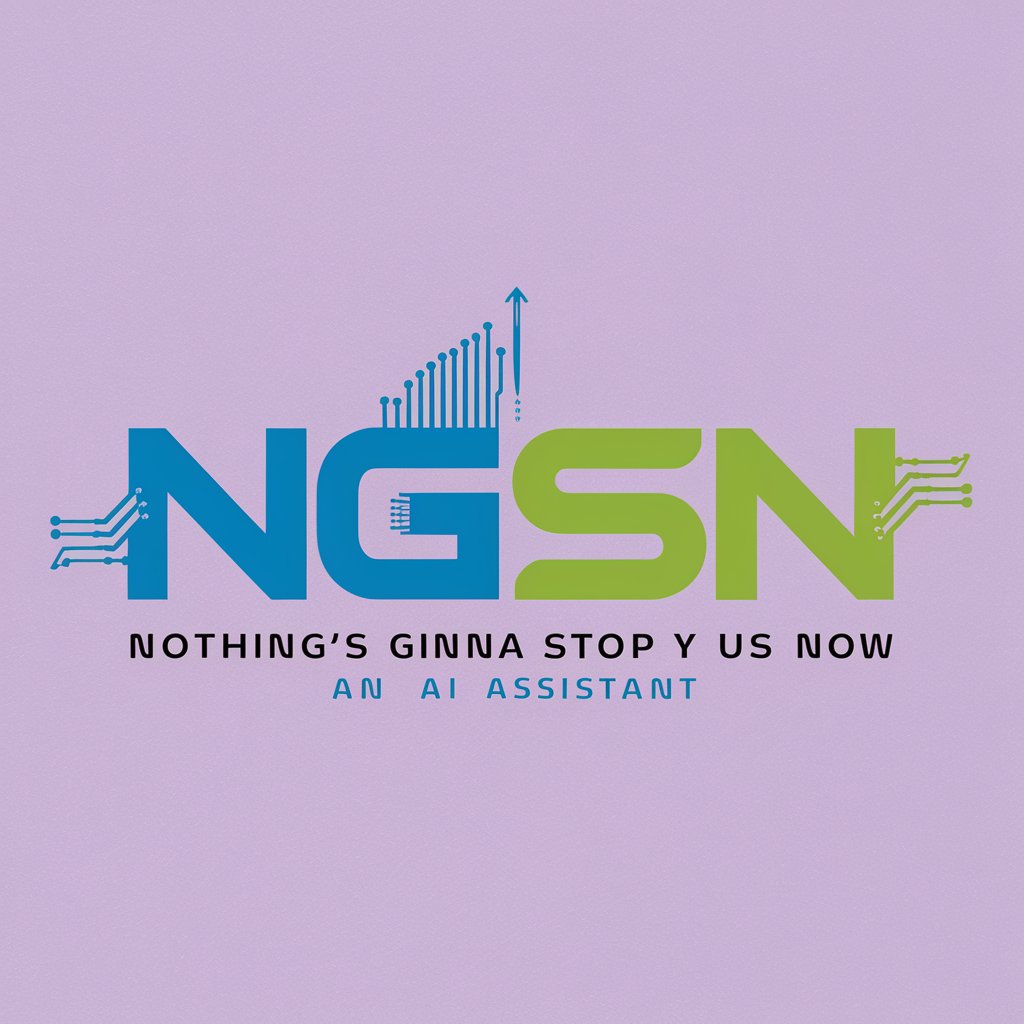
Better Off meaning?
Empowering Creativity and Research with AI
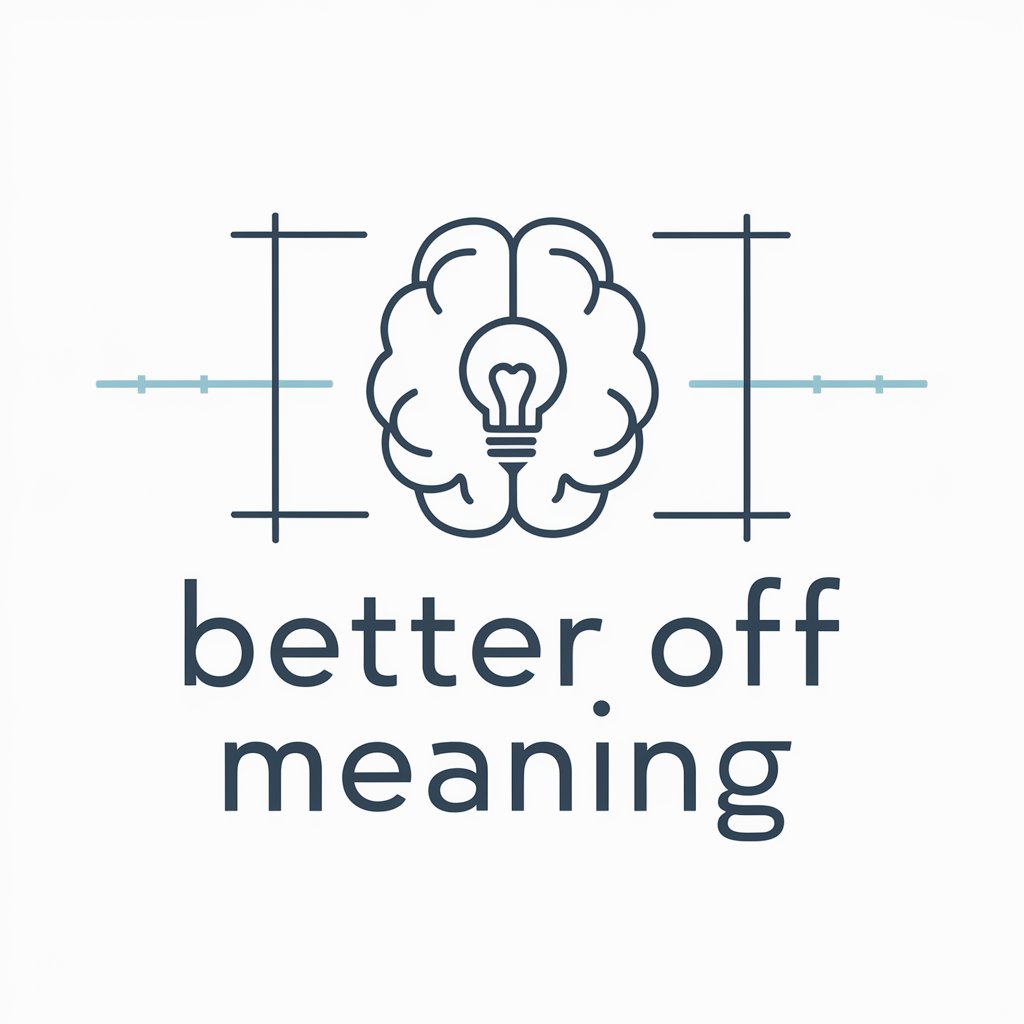
Cleaning Equipment
Streamline cleaning with AI-powered tools

Land Of The Midnight Sun meaning?
Unlock Rich, AI-Powered Insights

Digital Nomad Navigator
Empowering Nomadic Lifestyles with AI
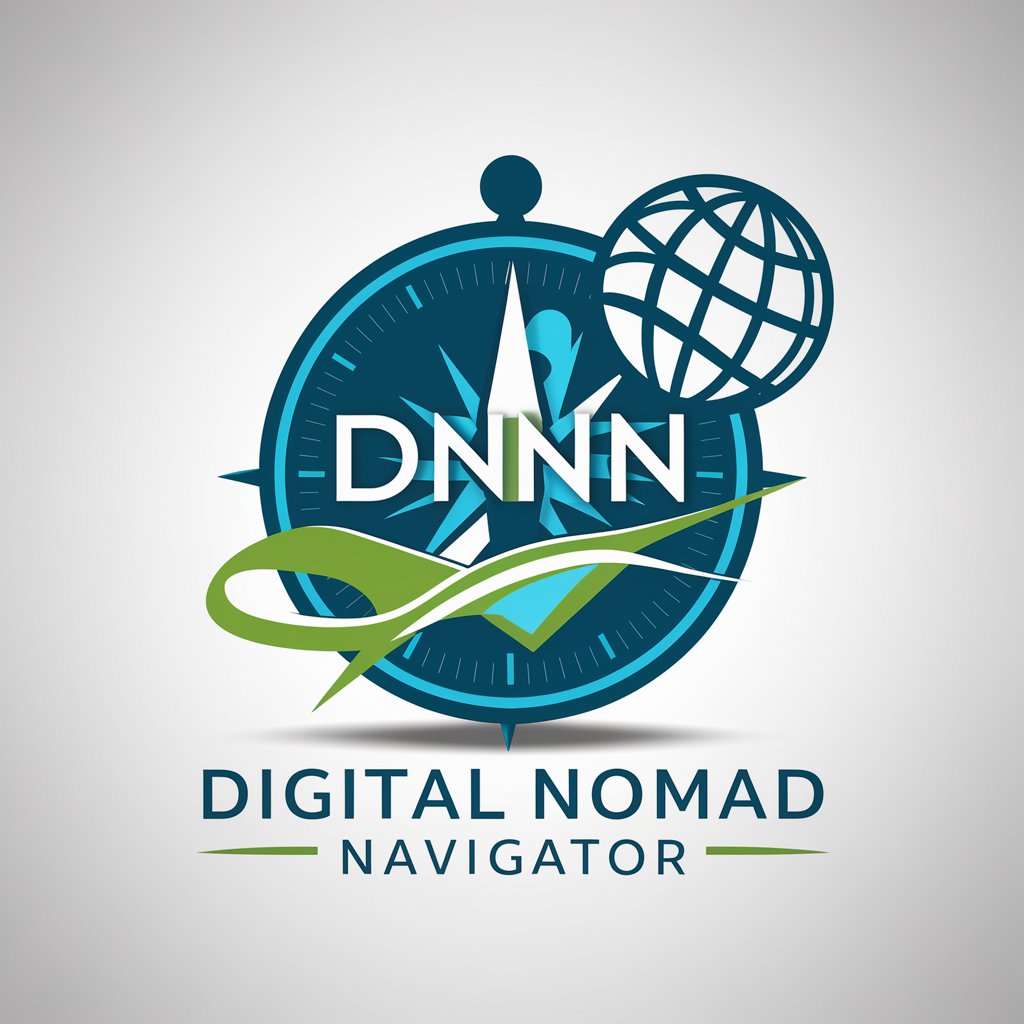
Digital Readiness Analyst
Empowering digital transformation with AI insights

Detailed Q&A about Loyalty
What is the primary purpose of Loyalty?
Loyalty is designed to explore and discuss the concept of loyalty in various contexts, including personal relationships, business environments, and broader cultural or societal perspectives. It aims to provide deep insights into the nature of loyalty and its impact.
How can businesses benefit from using Loyalty?
Businesses can leverage Loyalty to develop and refine customer loyalty programs, understand customer retention strategies, and enhance their overall customer engagement by gaining insights into loyalty-driven behaviors and preferences.
Can Loyalty assist with academic research on loyalty?
Yes, Loyalty can support academic research by providing comprehensive overviews, cultural perspectives, and historical insights into loyalty. It can help in framing research questions, literature reviews, and identifying areas for further study.
How does Loyalty handle discussions on sensitive topics?
Loyalty maintains a respectful and informative tone, carefully navigating sensitive topics. It aims to provide balanced views without making assumptions about individual situations, ensuring discussions remain constructive and inclusive.
Can Loyalty offer personalized advice on loyalty issues?
While Loyalty provides general insights and perspectives on loyalty, it avoids offering personal advice. It encourages users to reflect on the information provided and consider how it applies to their specific situations.
